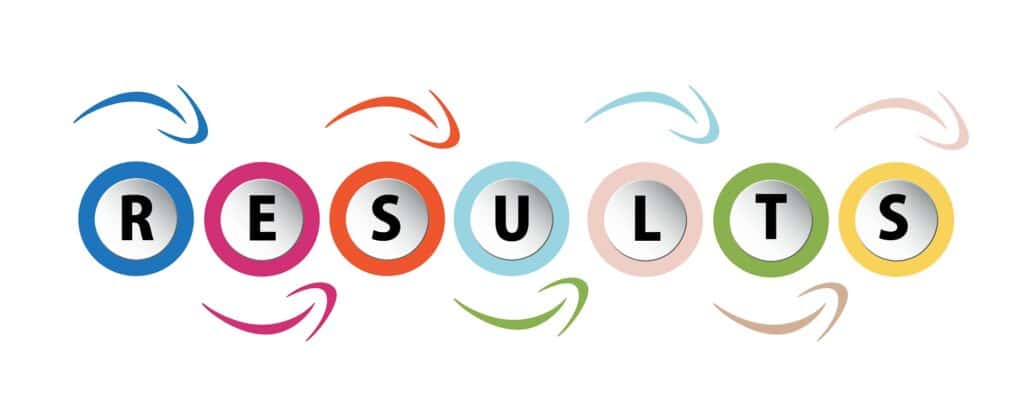For grades 8 and 10, we approach the time when families need to make choices about which subjects to study in grades 9 and 11. This can be a fraught time, but I write with what I hope are some reassuring ideas. The most important one, I think is that we are fortunate to live in a time where our children’s futures are not determined by the courses they take, nor by the universities they attend.
Four brute facts for you:
- most grade 9 options can lead to almost any Diploma Package (you don’t, for example, need to study Economics, or Geography, or History at grade 9 or 10 to do so at DP level)
- almost any Diploma Programme options can lead to almost any career
- people are far more likely to excel doing things they love doing
- people are far more likely to be happy doing things they love doing
As a parent myself, I find these add up to quite a liberating conclusion; that the best thing for my child is likely to be the thing that she loves doing most. But (I hear you cry) there is a gap in the logic – not all Diploma Programme courses lead to the same University courses (you are likely to need, for example, Chemistry if you want to study medicine). So how then can we say that almost any Diploma Programme course can lead to almost any career?
The reason, and a very surprising one, is beautifully illustrated by mathematician Satyan Devadoss in a wonderful interactive graphic on his website – please do explore the page. Devadoss looked at the majors taken by over 15,000 Williams College alumni, and the career destinations, taken in broad groups. So, for example, if you look at the destinations of all those who majored in Literature and the Arts or in Languages, you’ll see that some of these graduates ended up in Law, Banking/Finance, and Health/Medicine. You’ll also see that some Economists end up in Social or Religious Services. The conclusion is inescapable; that all options are possible from all backgrounds. I might even speculate that taking a less likely route might give one an edge in a competitive market; all other things being equal, the lawyer with a background in literature, or the writer with a background in economics might have something to make them stand out from the crowd.
So choices now do not fix the future – because with modern, flexible career paths, and with the evolving nature of many employment areas, the subject of your first degree is relatively unimportant. What’s far more important, for all sorts of reasons, is that you find something you care about doing. When the future world of work is in a state of flux (and in many cases yet to be invented), this is really not so surprising.
So as we go into options season, please do structure your talks with your children around their interests as well as their aspirations. And if they are wondering about how to make a choice, it’s worth watching this entertaining and informative 10 minute TED talk, in which Daniels Pavļuts, Minister for Latvian Economic affairs, maps out different ways of approaching the choices. As an entrepreneur and politician who started with a Bachelor of Arts degree in Piano Performance from the Latvian Music academy, his perspective is an interesting one, and well worth a look.



